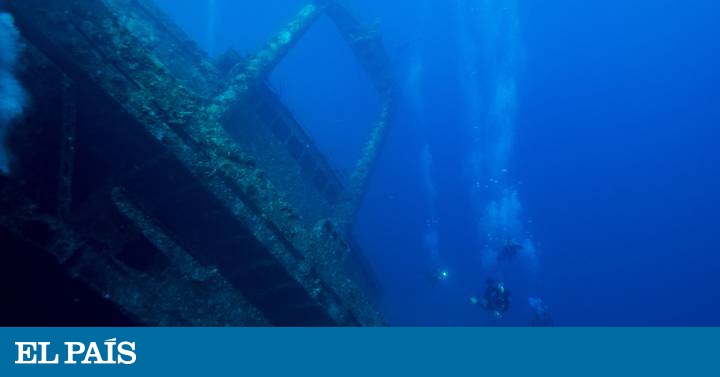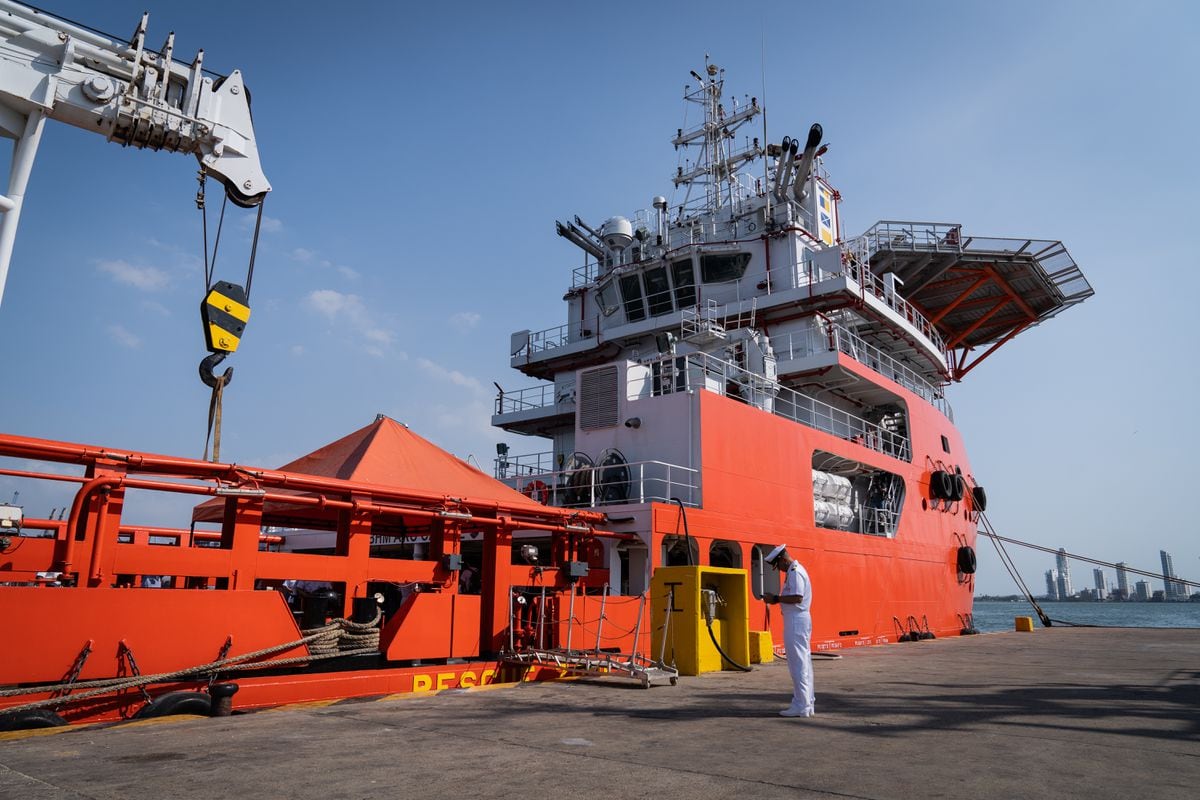A few days ago, the discovery of a mysterious archaeological site was learned: more than 200 amphoras from Roman times rest in an underwater freshwater cave in the bay of Alcudia, in Mallorca. According to archaeologists, that place was a point where ships used to anchor and supply water, introducing pitchers through a pulley system. Now, experts are trying to discover why so many vessels accumulate at the bottom of the cave, if it is because the system broke or because they were thrown directly into the sea as offerings.
Beyond its historical interest, underwater treasures like the one described are an important source of legal controversy. Its incalculable economic and cultural value causes that, when its discovery occurs, there are many interested parties in claiming their property. Thus, in disputes around sunken shippers, the person or entity that found the ship, the State in whose waters it was located, the owner of the vessel (or heir entity) and even the country of origin of the cargo can converge. If the dispute is won, however, the business is assured: it is speculated that the treasure of the San José galleon, currently submerged on the coast of Cartagena de Indias (Colombia), is valued at 17 million US dollars. For this reason, many are the hunting companies that are launched to look for one of the three million wrecks that, according to Unesco, are found all over the world.
In our country, this matter is regulated in the Law of Historical Heritage, which establishes that everything that is within the national territorial waters belongs to Spain. However, there is an exception to this rule. "If at the time of the sinking the ship was part of the fleet of another country and was carrying out a public mission, it is considered a state vessel," explains Javier Portales, partner of Albors Galiano Portales. In these cases the principle of sovereign immunity applies. This figure, included in the Unesco Convention on the Protection of Underwater Cultural Heritage, states that state vessels or aircraft belong to the country of their flag, "so that no one can approach them without the permission of the competent authorities" .
Now, what happens when a ship is on foreign coasts? This scenario is actually the most common. “Between the 16th and 19th centuries, our Navy dominated the seas and brought cargoes of gold and silver from its overseas territories,” says Portales. Many of these ships ended up shipwrecking outside the Spanish territory, whether due to the attack of pirates, enemy fleets or unfavorable weather conditions. In these cases it is essential to prove that the ship was serving the State at the time of its sinking, "which requires a thorough prior investigation," says Juan Luis Pulido, advisor to Martínez-Echevarría Abogados. For the lawyer, Spain shows a significant advantage in this field, "since we have an unpayable institution: the Archive of the Indies." This record reproduces in detail the trips made by the Spanish vessels (where they came from, where they were going, information about the cargo, etc.), “which facilitates the probative work”.
MORE INFORMATION
The treasure of Our Lady of Las Mercedes is finally shown to the public- Gold for Spain
'Our Lady of the Mercedes'
Thanks to an exhaustive investigation, in 2012 there was recognition by a judge in Florida (United States) of the Spanish property of the frigate Nuestra Señora de las Mercedes , sunk in 1804 off the coast of Cádiz. The treasure hunter company Odyssey, which in 2007 ousted the site, claimed that the wreckage was not identifiable. However, and after a long judicial battle, the American justice proved right to Spain because it proved that it was a state vessel, thanks to documents from the Archive of the Indies and the Naval Museum of Madrid.
It is not easy for a foreign court to recognize the sovereign immunity of a shipwrecked galleon on its shores, "since it depends on whether the country in question has ratified the international conventions that include this figure," said Pedro Maura, founding partner of Meana Green Maura & Corporation. Thus, countries whose coasts are full of foreign ships (such as Colombia or Peru) do not usually sign these agreements, while those with fleet scattered in other waters, such as Spain and Portugal, do sign them. If there is no applicable international regulation, therefore, the court resorts to its domestic laws, so “it is not necessary to be surprised if the sentence favors the State of that jurisdiction,” warns Maura.
The origins of the loading of a vessel can also be in dispute, "especially if they are part of the historical heritage of a country," said Pulido. In the case of Odyssey, Peru requested the ownership of the treasure, claiming that the cargo came from its territory, where the metal was mined, and the coins, minted. However, the judge rejected this argument because at the time of the shipwreck "there was no such country", since it was part of the Spanish Empire.
Another of the arguments accepted by foreign courts is that, "after all, a shipwrecked ship is a cemetery of Spanish sailors," reveals Julia Gutierrez, associate in Cremades and Calvo Sotelo. This was the case in the 2001 trial by the galleon La Juno, sunk in 1802 along with his entire crew. Although the main argument used by the United States Supreme Court to recognize the Spanish property of the frigate was that it was a state vessel, it also accepted the request that the remains should not be touched “because it is the grave of the people who they perished in the wreck. ”







